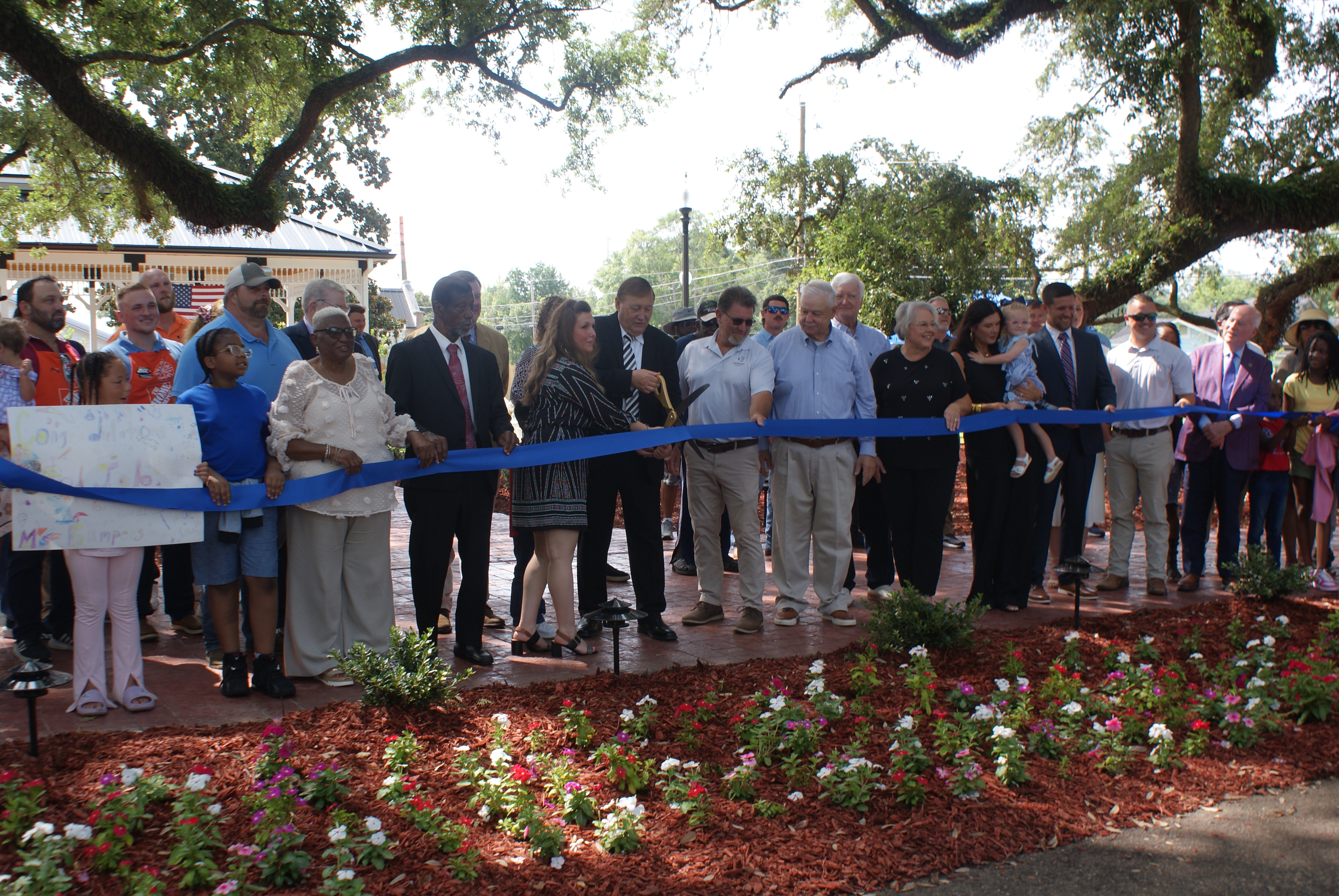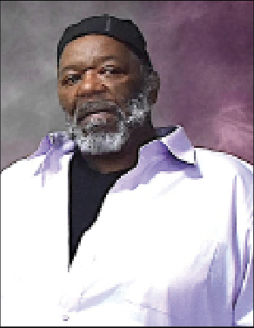Budget OK’d, but struggle over burn center funding continues
Published 5:09 pm Friday, March 30, 2007
Mississippi lawmakers worked late Thursday to approve a $5 billion state spending plan, but some House members held the budget bills for the possibility of more debate.
All the budget bills have been passed but some have had a “hold” put on them in the House where they may be sent back to the conference committees for more work. The two houses go into session late Friday morning and the decision on whether or not to release the bills to the governor will be made then.
Some House members said they were using the bills for leverage as they sought funding to start an in-state burn center, but most lawmakers were hoping to finish their three-month session and go home Friday.
House Public Health Committee Chairman Steve Holland said he didn’t care if he was keeping everyone at the Capitol longer if doing so would force a vote on helping fire victims, who have had to be treated out of state since Mississippi’s only burn center closed in Greenville in 2005.
“My struggle in these sunset hours of the Legislature is funding for the burn center,” Holland said.
Legislators on Thursday passed a bill authorizing creation of a new burn unit at the University of Mississippi Medical Center in Jackson. No money was set aside for the project in the state budget year that starts July 1. UMC leaders say the hospital can’t take on a major project if there’s no way to pay for it.
Holland was trying Thursday to get authorization for the state to issue $10 million bonds for a burn unit, creating debt that would be repaid over several years.
Some other House members said they were holding budget bills because they were upset about provisions in a Wildlife, Fisheries and Parks bill they think might allow private development in state parks.
Rep. Jamie Franks, D-Mooreville, said senators were trying to help hotel or condominium builders at the expense of everyday Mississippians who vacation in the state parks, and he said senators were doing so against the wishes of the House.
“They’re trying to force it down our throat and it’s time to show them that, by God, there’s more than one body in this Legislature and we’re going to stand up and fight for what is right for our people,” Franks said.
Senators on Thursday pushed a resolution that would allow the last-minute filing and consideration of a bill to exempt some disaster-recovery materials and equipment from sales tax. Earlier this year, a plan to reduce the 7 percent grocery tax failed after Gov. Haley Barbour said the state still faces too much economic uncertainty from Hurricane Katrina.
Some House members seemed baffled by the proposed new tax break.
Rep. Jim Simpson Jr., R-Gulfport, said the bill appeared to be an effort to help the Gulf Coast recovery from Katrina. He said he appreciates any effort to help his constituents, but he wondered about the impact of the broad proposal.
“What would that do to the state budget?” Simpson asked.
Franks asked whether the proposed sales-tax break could be used by casinos that lost slot machines and other equipment in Katrina.
“I could see where they could claim an exemption,” said House Rules Committee Chairman Joe Warren, D-Mount Olive.
It was difficult to gauge whether either the sales-tax exemption or the burn center funding would be approved.
Work on the budget ran days behind schedule because House and Senate negotiators missed their original deadline to file the final versions of spending bills this past Saturday night.
Many state agencies will see budget increases for the new state fiscal year.
Teachers and state employees are getting pay raises. There’s enough money to train a new class of state troopers. Legislative leaders say they have taken steps to protect a “rainy day fund” that provides a financial cushion for state government.
There are small additions designed to calm constituents’ complaints about customer service in state government. Rep. Jack Gadd, D-Hickory Flat, said the Department of Public Safety is getting enough money to hire 20 new employees to work in drivers license stations — a move designed to alleviate long lines.
This is an election year, and the Mississippi Adequate Education Program is being fully funded for the first time since the last state election year of 2003. MAEP is a complicated formula designed to ensure that each school district receives enough money to meet midlevel accreditation standards.





